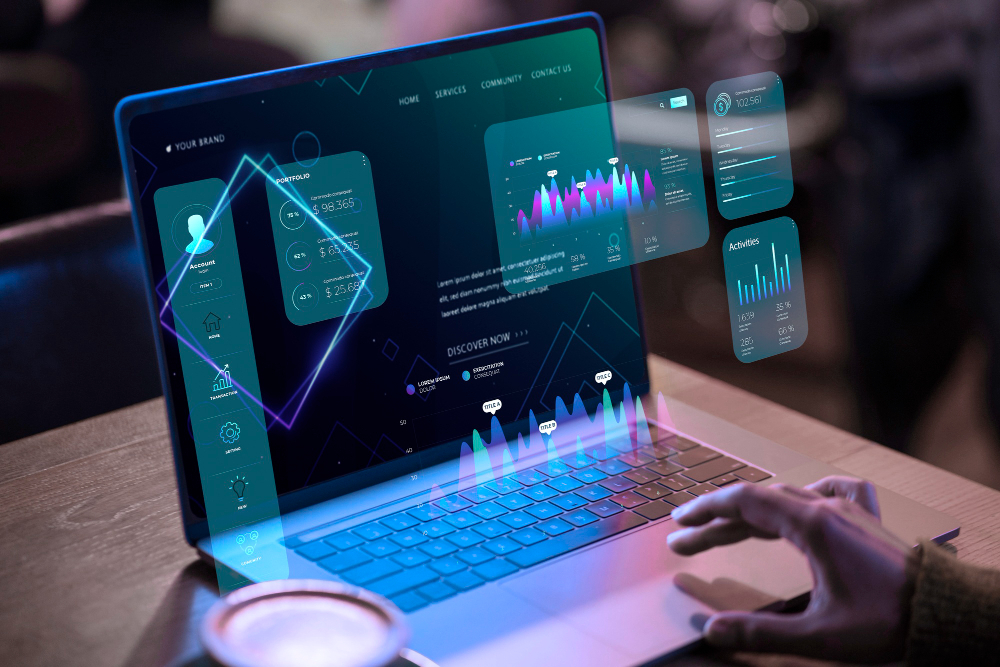
As digital transformation accelerates, businesses in 2025 must adopt resilient digital workflows to stay competitive. These workflows aren’t just tools—they’re frameworks that power automation, drive productivity, and enable faster, smarter decision-making.
With rising customer expectations, hybrid teams, and evolving technologies, understanding how to build efficient digital workflows is vital for long-term business success.
What Is a Digital Workflow?
A digital workflow is a structured process powered by digital tools that automates and streamlines tasks across departments. It reduces manual effort, minimizes errors, improves visibility, and ensures consistency across all business operations.
In 2025, resilient digital workflows also adapt easily to change—scaling with your team, technology, and evolving needs.
Why Your Business Needs Resilient Workflows
Here are some major benefits of strong digital workflows:
- Faster task execution and improved turnaround times
- Reduced manual data entry and human error
- Seamless collaboration between remote and in-house teams
- Stronger data security and compliance management
- Better decision-making through real-time insights
7 Core Elements of a Resilient Digital Workflow
- Clear Process Mapping
Start by documenting each step in the process. Use visual tools like Lucidchart or Draw.io to map it clearly. - Workflow Automation
Automate repetitive tasks using platforms like Zapier, Power Automate, or custom code. - System Integration
Connect your CRM, ERP, HR, and communication platforms so data flows without disruption. - User-Friendly Design
Ensure interfaces are simple and intuitive. Good UX is critical for adoption and efficiency. - Security and Compliance
Incorporate role-based access, encryption, and compliance checks like GDPR and NDPR into your workflow tools. - Monitoring and Optimization
Use tools like Google Data Studio or Power BI to track performance and optimize continuously. - Backup and Recovery Planning
A resilient system has regular cloud backups and recovery protocols in place.
Key Workflow Trends in 2025
Here are some trends shaping the future of digital workflows:
- AI-Powered Automation: Intelligent systems that adapt to user behavior
- Low-Code/No-Code Platforms: Empowering non-technical staff to build processes
- Hyperautomation: Automating entire functions, not just tasks
- Eco-Conscious Digital Systems: Reducing physical waste and optimizing energy use
- Hybrid Work Optimization: Making sure remote and on-site teams operate in sync
How to Build a Resilient Workflow in 5 Steps
Use this proven path to design your first resilient digital workflow:
- Audit your current process – Identify pain points and delays
- Choose a workflow management tool – Options include Asana, Trello, Kissflow, or custom-built systems
- Map and automate – Break tasks into steps, automate what you can
- Test and refine – Pilot the workflow with a small team
- Scale and monitor – Launch across your company with performance tracking tools
Best Tools for Workflow Design in 2025
Here are top tools to consider:
- Process Mapping: Lucidchart, Miro
- Automation: Zapier, Make.com, Power Automate
- Project Management: Monday.com, ClickUp
- Analytics: Power BI, Tableau
- Security: Bitwarden, Cloudflare Zero Trust
Conclusion: The Time to Future-Proof Your Business is Now
The digital economy waits for no one. Resilient workflows are now essential for businesses that want to stay agile, competitive, and efficient. Whether you’re a startup or a growing enterprise, now is the time to assess, automate, and optimize.
Designing a powerful digital workflow doesn’t have to be complicated—with the right tools and guidance, you can build a future-ready process that grows with your business.
Want to transform your digital processes into resilient, scalable systems? Explore custom solutions at https://techcase.ng.
